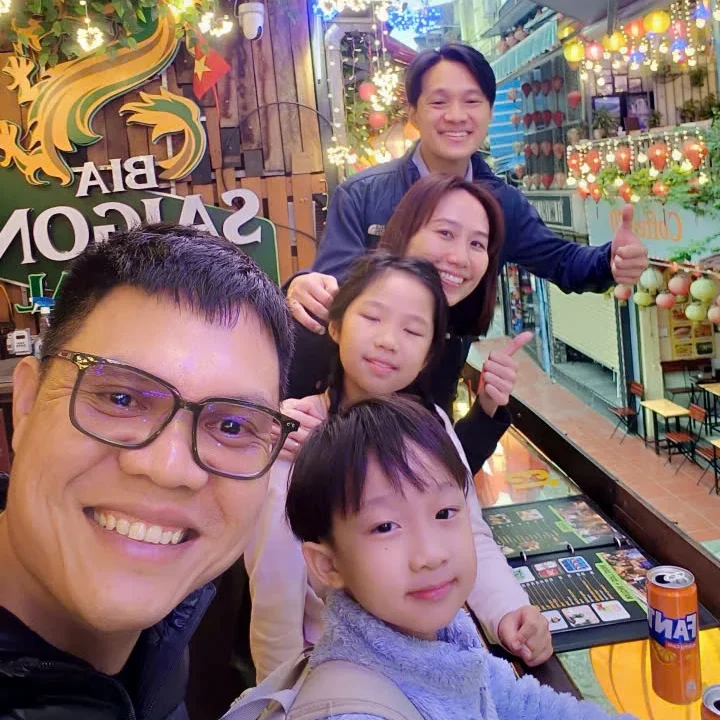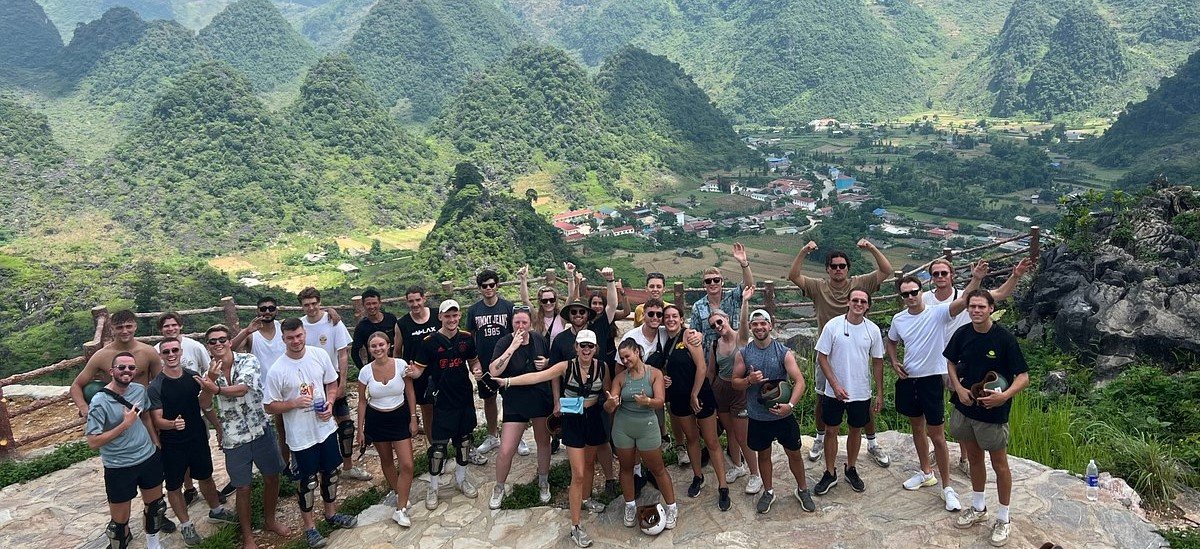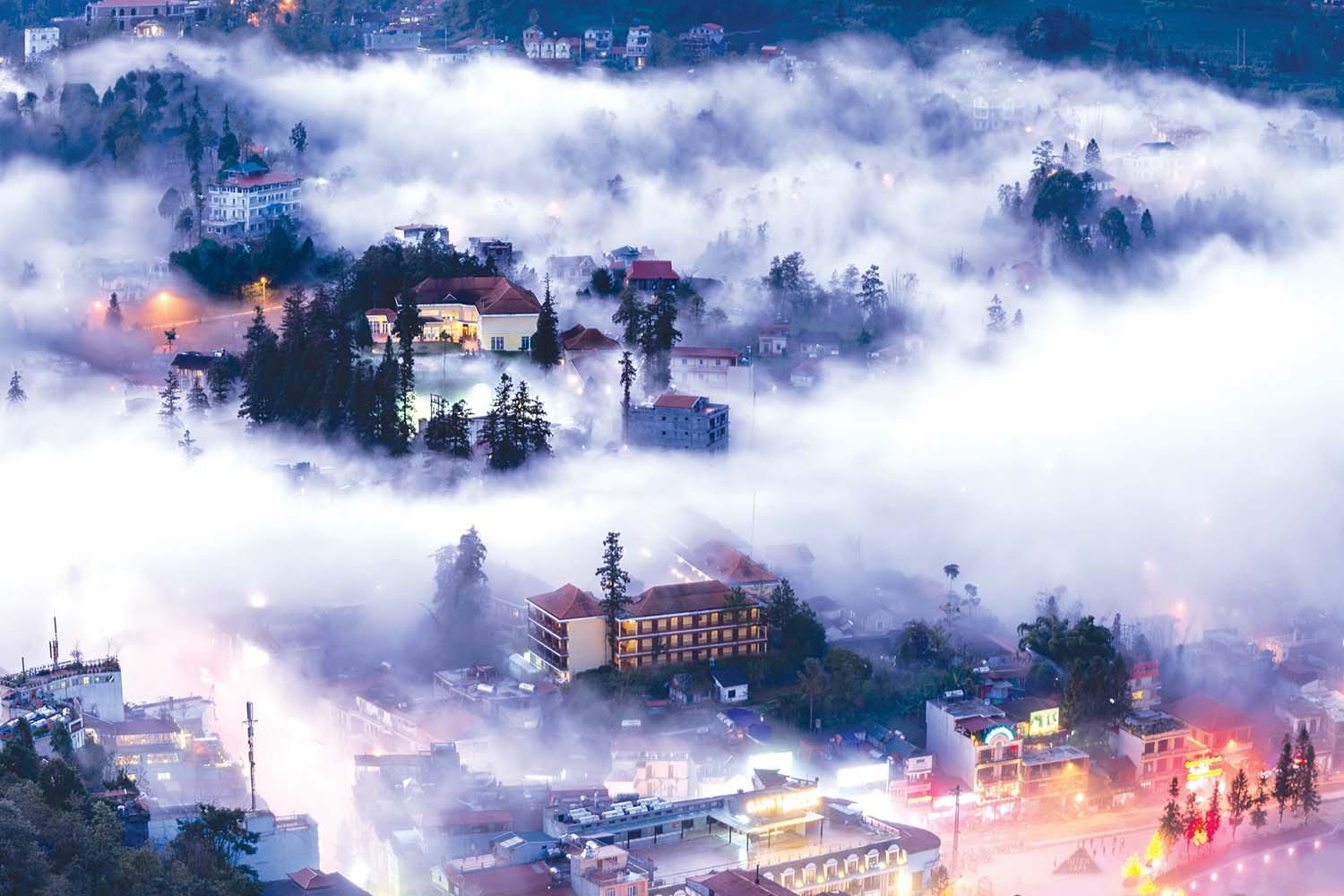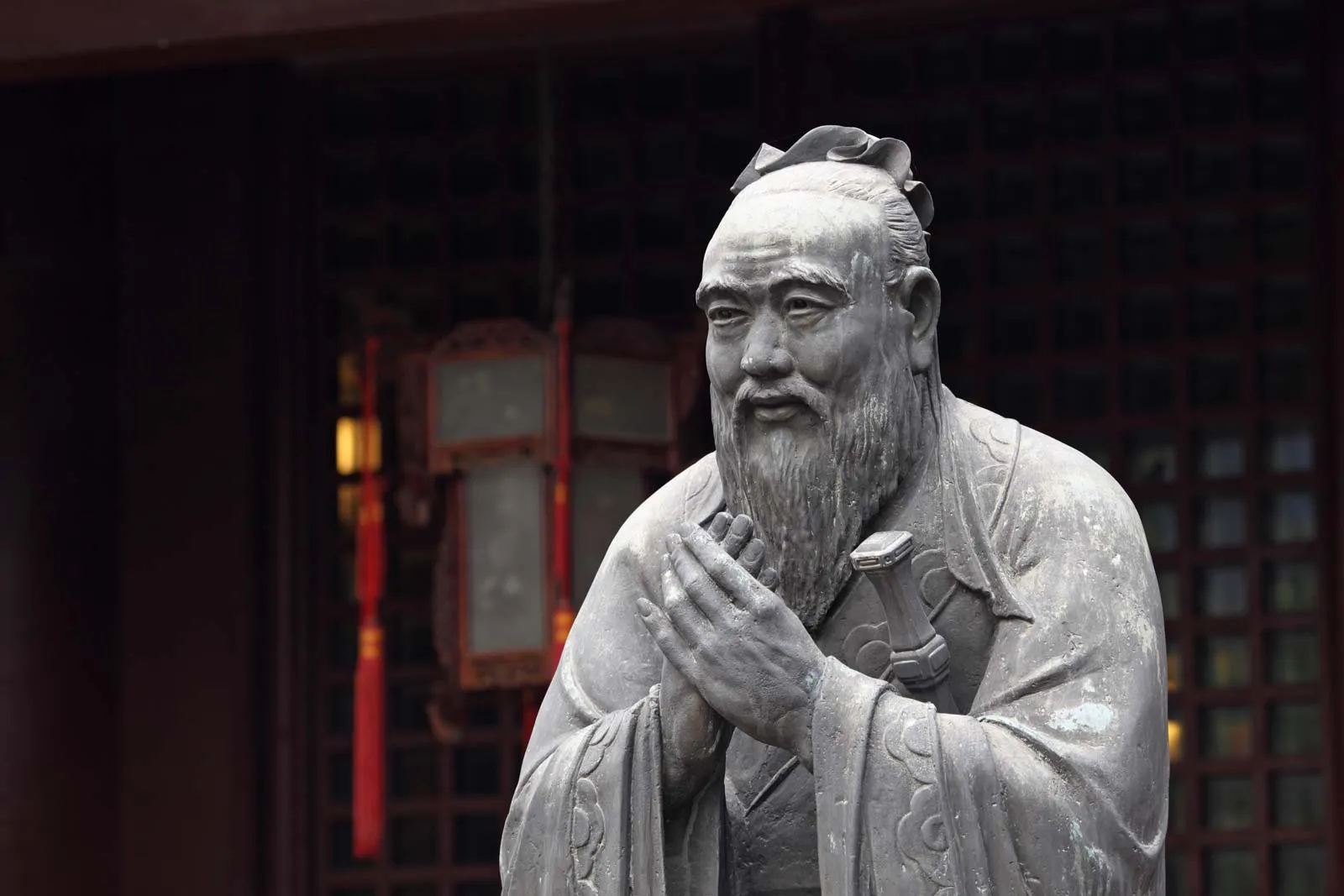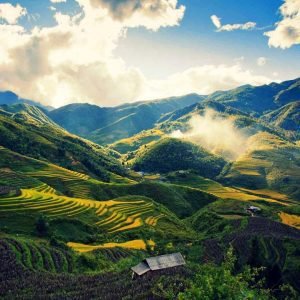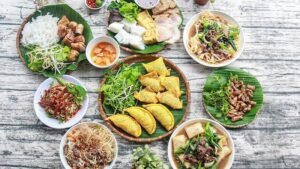Religion in Vietnam: A Diverse Tapestry of Faith
Vietnam is a country of breathtaking natural beauty, rich cultural heritage, and a unique religious landscape that reflects its history and social fabric. The diversity of religion in Vietnam is a testament to the nation’s openness to different spiritual practices, from indigenous beliefs to imported philosophies like Buddhism, Christianity, and Confucianism. This intricate tapestry of faith continues to shape Vietnamese identity, offering profound insights into its culture, traditions, and way of life.
In this article, we’ll delve deep into the history, major religions, and evolving practices that define Vietnamese religious practices today.
1. The Historical Roots of Religion in Vietnam
Prehistoric and Indigenous Beliefs
The earliest religious practices in Vietnam were deeply rooted in animism and ancestor worship. Ancient Vietnamese communities believed in the spiritual essence of nature and revered their ancestors as guardians and protectors of their lineage. These indigenous beliefs remain an essential part of modern Vietnamese religious practices, particularly in rural areas.
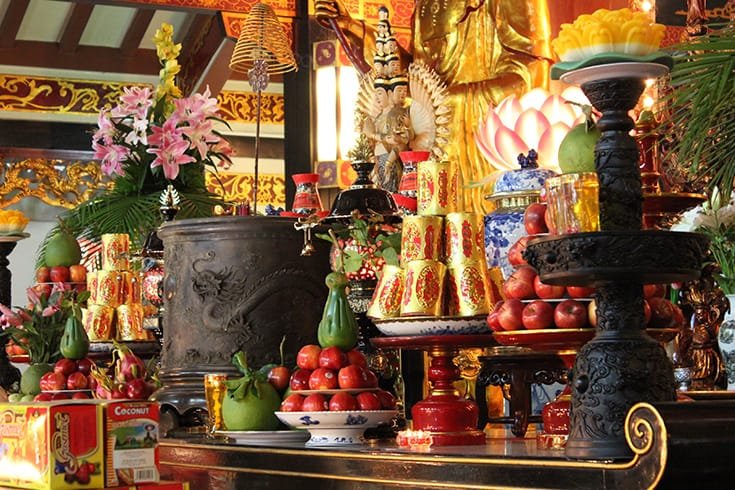

Influence of Chinese Civilization
During over a millennium of Chinese domination (111 BC to 939 AD), Confucianism, Taoism, and Mahayana Buddhism were introduced to Vietnam. These philosophies blended with local beliefs, forming the foundation of the “Tam Giao,” or Three Teachings, which harmonize Confucian, Taoist, and Buddhist principles.
Arrival of Western Religions
The 16th century saw the arrival of Catholic missionaries, particularly from Portugal and France. Christianity, especially Roman Catholicism, gained a significant foothold, with French colonial rule further spreading its influence. Protestantism followed later, brought by American missionaries in the 20th century.
🔥 Discover the surprising truth about One Pillar Pagoda.
2. Vietnam’s Major Religions
⟡ Vietnamese Buddhism
The Most Influential Religion
Buddhism, particularly Mahayana Buddhism, is the most prominent religion in Vietnam, practiced by a significant portion of the population. Introduced during the early centuries of the first millennium, it became deeply ingrained in Vietnamese Culture, influencing art, literature, and daily life.
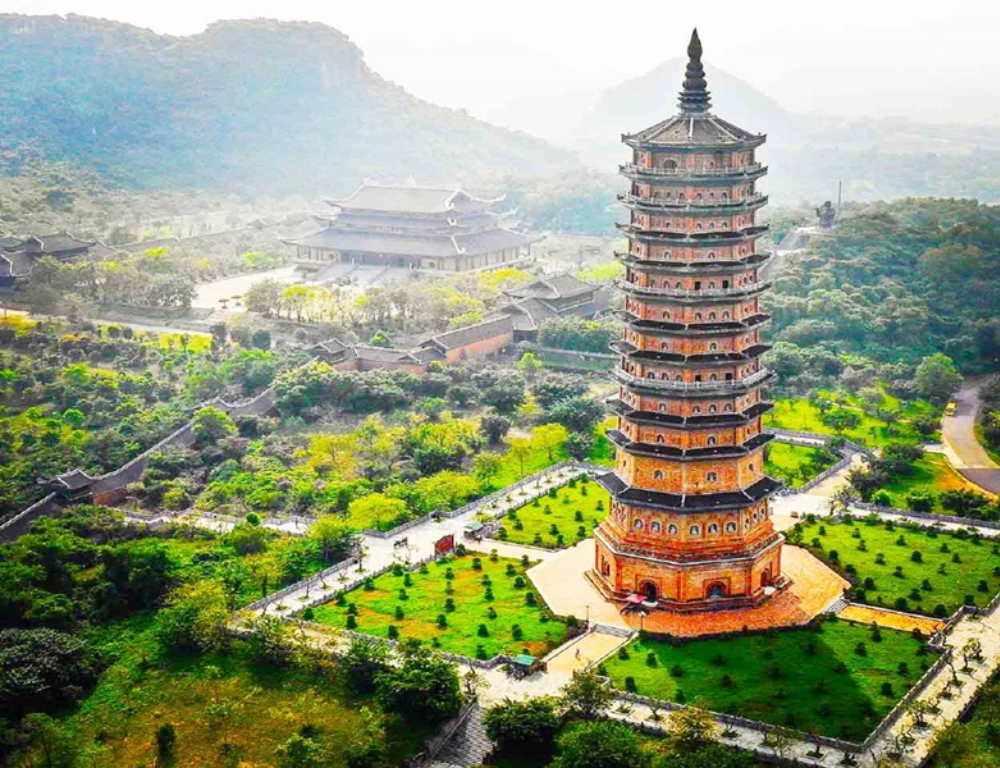

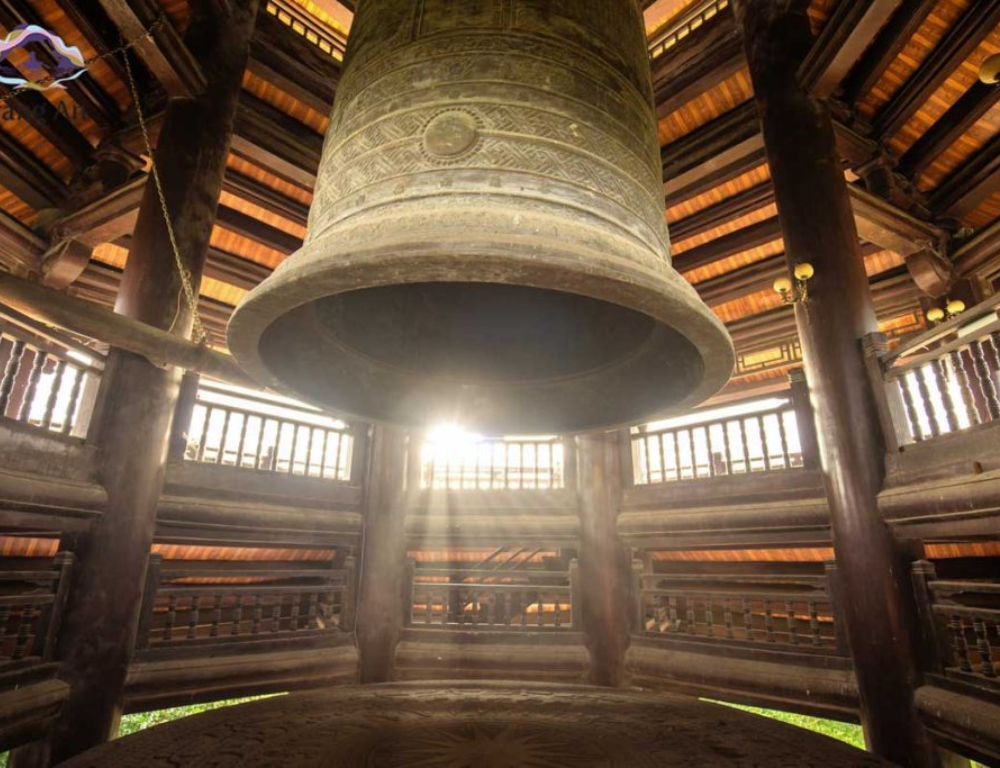

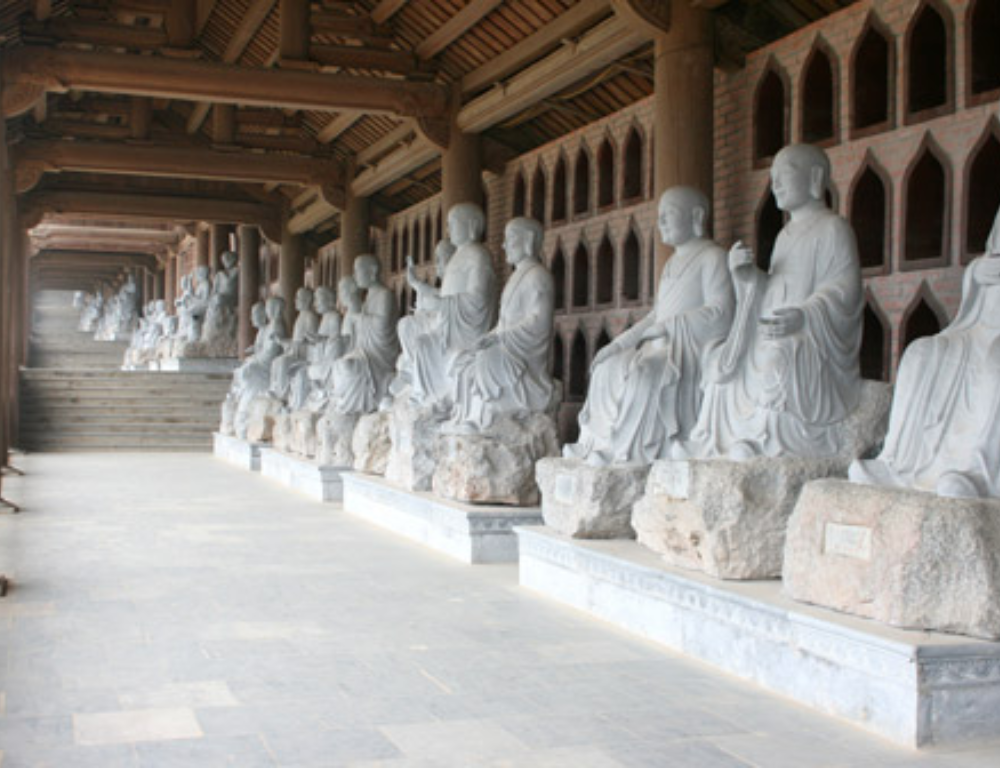

Mahayana and Theravada Traditions
Vietnamese Buddhism is primarily Mahayana, but Theravada Buddhism is also practiced, especially among the Khmer ethnic group in southern Vietnam. Both traditions emphasize compassion, mindfulness, and the pursuit of enlightenment, though their rituals and philosophies differ.
Pagodas: Centers of Worship
Pagodas are central to Vietnamese Buddhism, serving as places of worship, community gatherings, and spiritual reflection. These architectural marvels, adorned with intricate carvings and statues, reflect the deep reverence for Buddhist teachings.
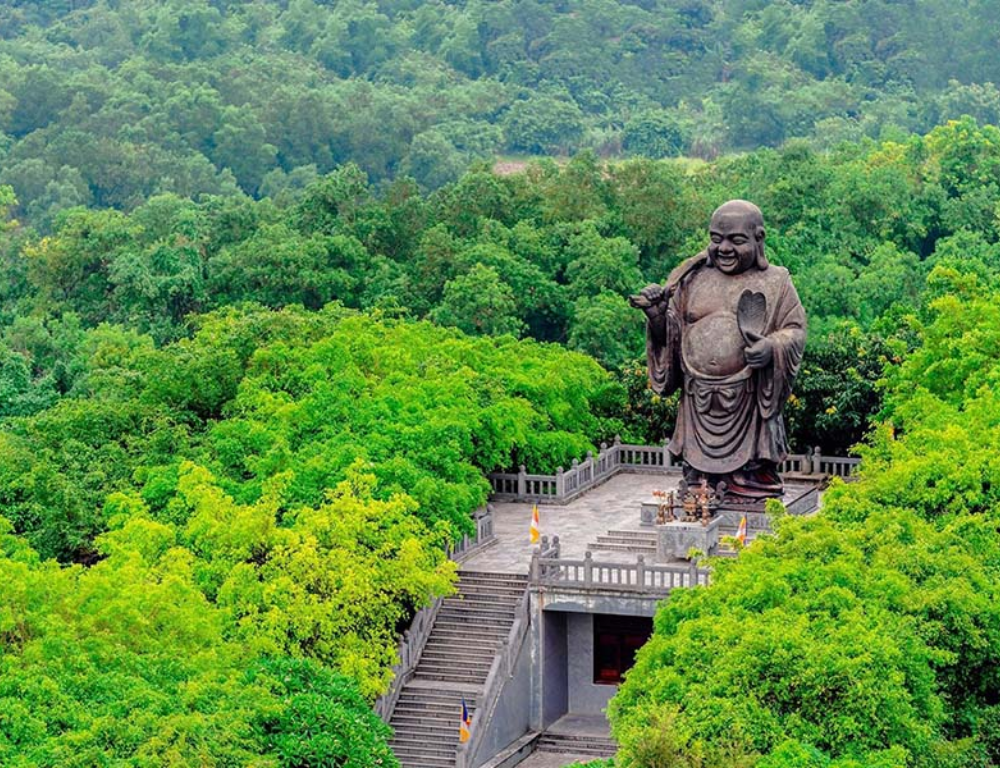

🔥 Discover the best of Vietnam’s Capital without breaking the bank: Hanoi Budget Travel!
⟡ Confucianism and Taoism
Guiding Philosophies
Rather than organized religions, Confucianism and Taoism function as ethical systems and spiritual philosophies in Vietnam. Confucianism emphasizes societal order, respect for hierarchy, and filial piety, while Taoism focuses on harmony with nature and the pursuit of balance in life.
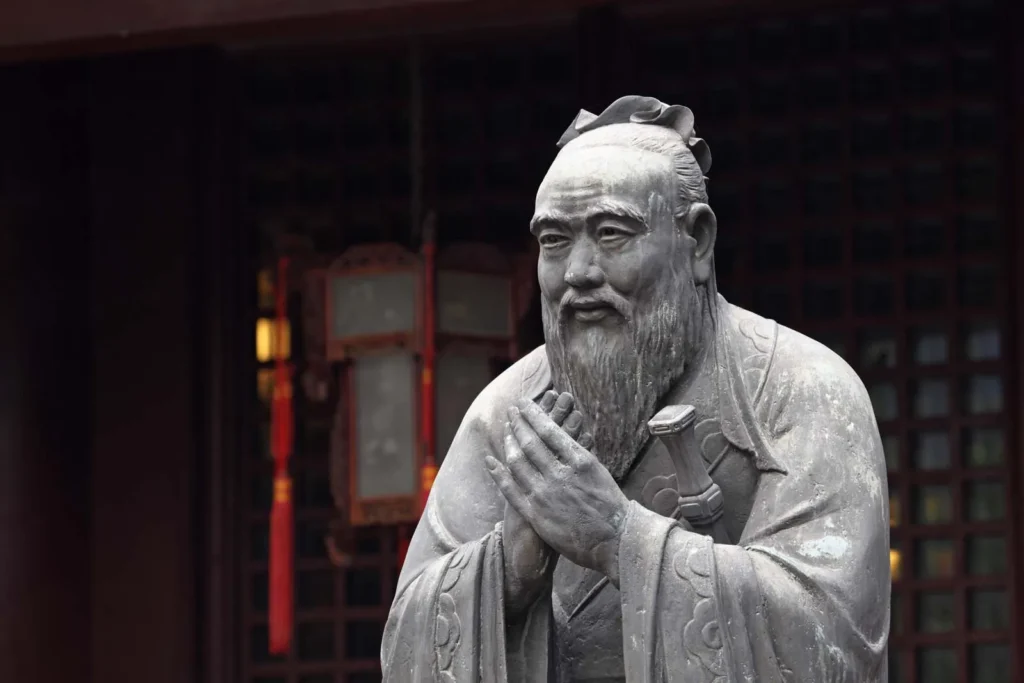
Impact on Daily Life
These philosophies are evident in Vietnamese family structures, governance, and traditions, influencing everything from educational values to funeral rites.
🇻🇳 Immerse yourself in the diverse cultures of Ho Chi Minh City religious sites!
⟡ Christianity in Vietnam
Roman Catholicism
Roman Catholicism is Vietnam’s second-largest organized religion, with millions of followers. Catholic churches, such as the iconic Notre-Dame Basilica in Ho Chi Minh City, stand as symbols of the faith’s enduring presence. Catholic festivals, like Christmas and Easter, are widely celebrated, blending religious devotion with local customs.


Protestantism
Although smaller in number, Protestant communities are growing, particularly in ethnic minority areas. The Evangelical Church of Vietnam and the Christian Missionary Alliance are among the prominent Protestant organizations.
⟡ Islam and Hinduism
Islam in Vietnam
Islam is practiced primarily by the Cham ethnic group in southern Vietnam. Cham Muslims follow Sunni traditions and maintain mosques as centers of worship and community life.
Hinduism
Hinduism, once more prevalent among the Cham people, has declined over the centuries but still survives in vestiges, such as the famous Po Nagar Cham Towers in Nha Trang.
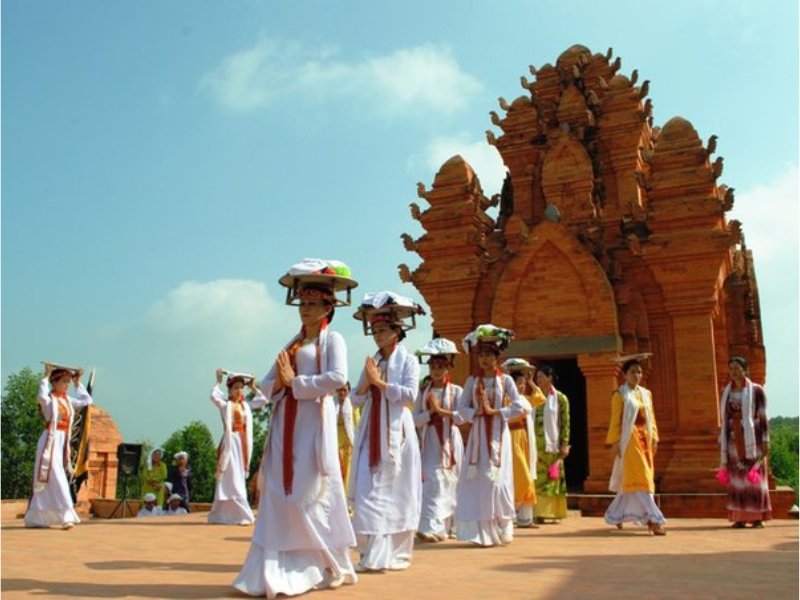

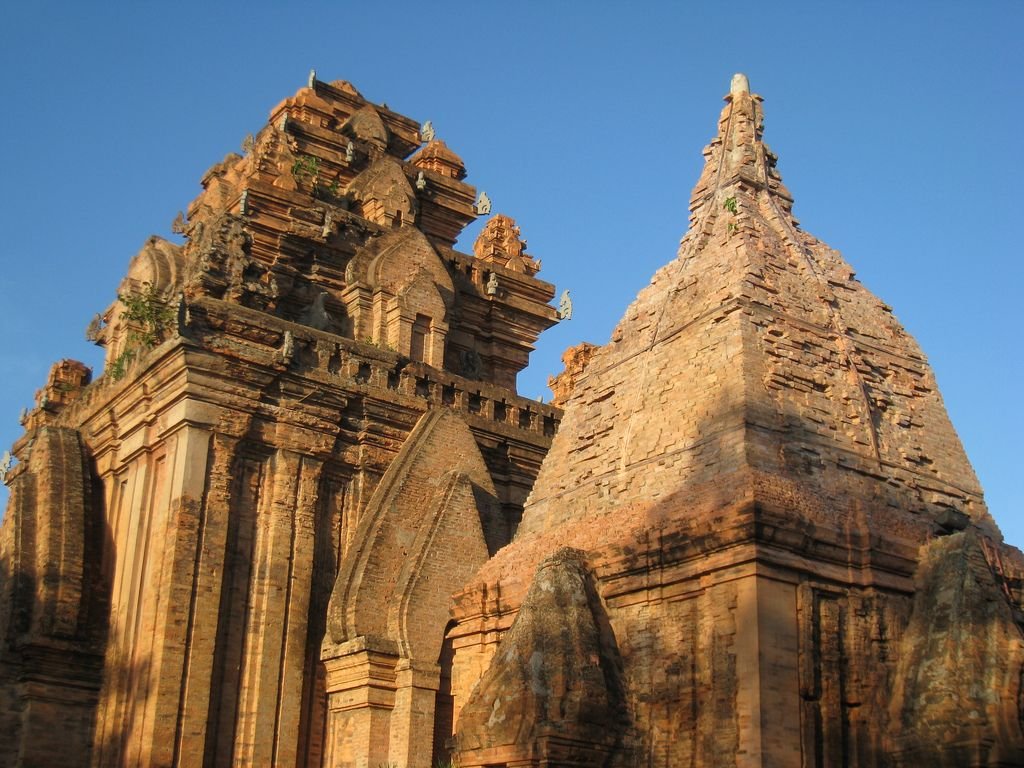

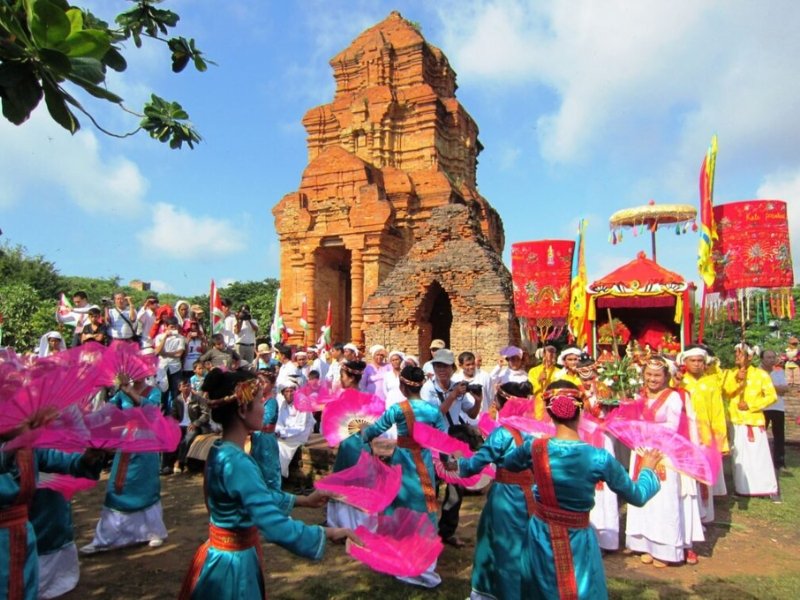

🔥 You might want to check out Hanoi Old Quarter: A Guide to Its Hidden Alleys & Historic Charm
⟡ Cao Dai and Hoa Hao
Cao Dai: A Vietnamese Religion
Founded in the 1920s in southern Vietnam, Cao Dai is a syncretic religion that combines elements of Buddhism, Taoism, Confucianism, Christianity, and Islam. The Cao Dai Holy See in Tay Ninh is a colorful and elaborate temple that attracts both worshippers and tourists.
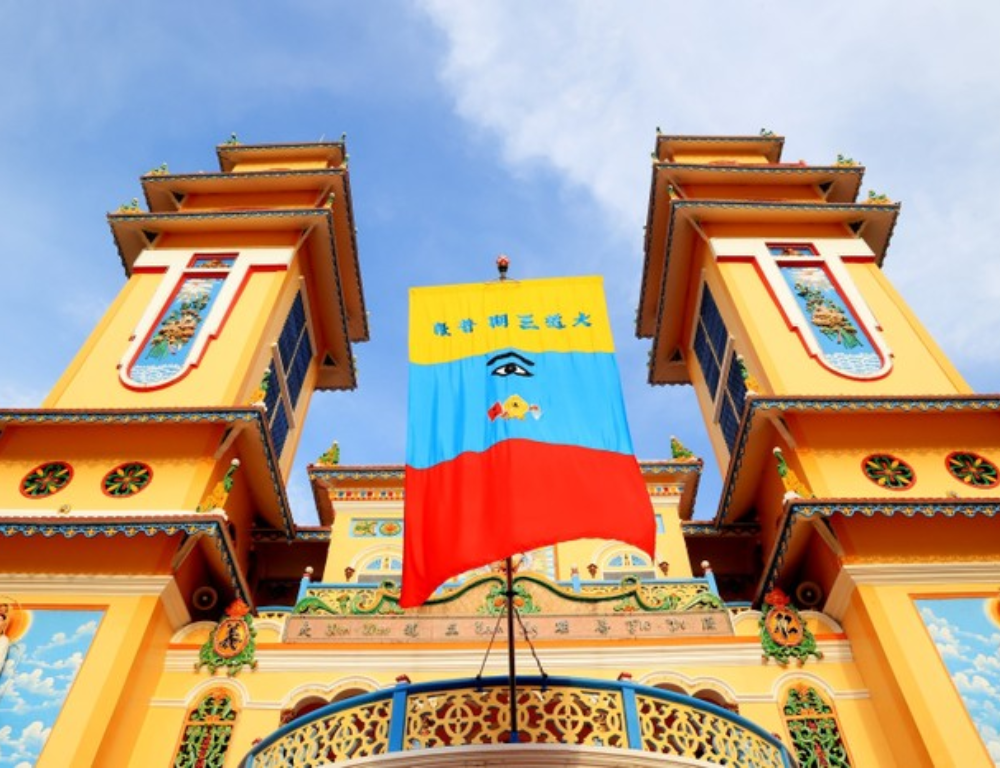

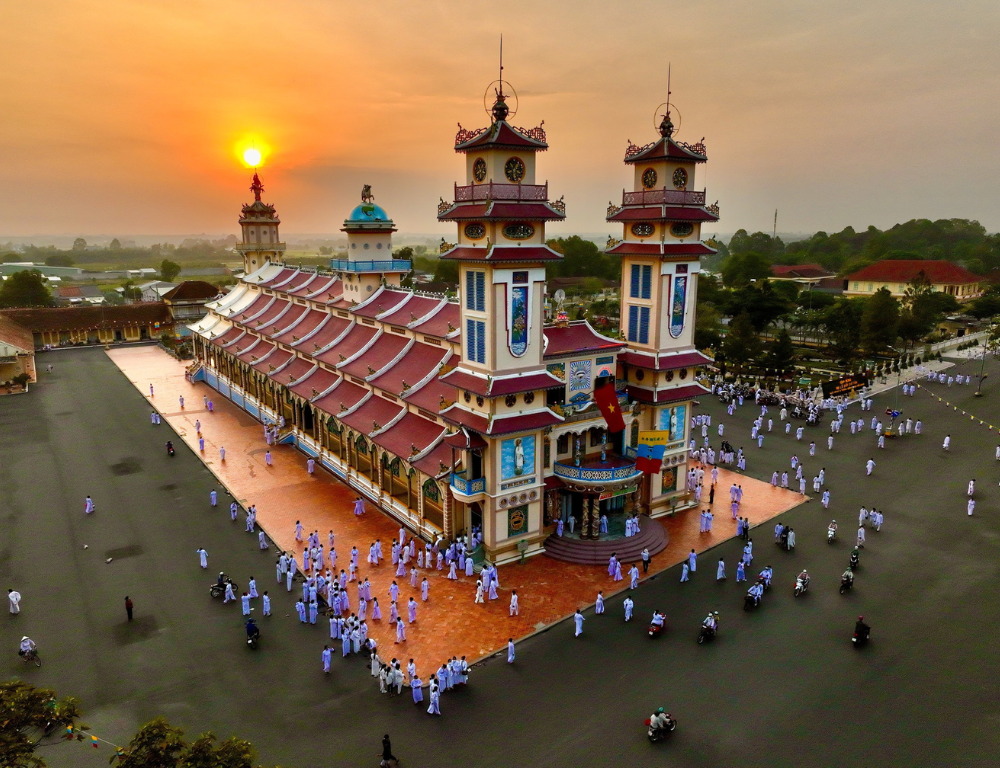

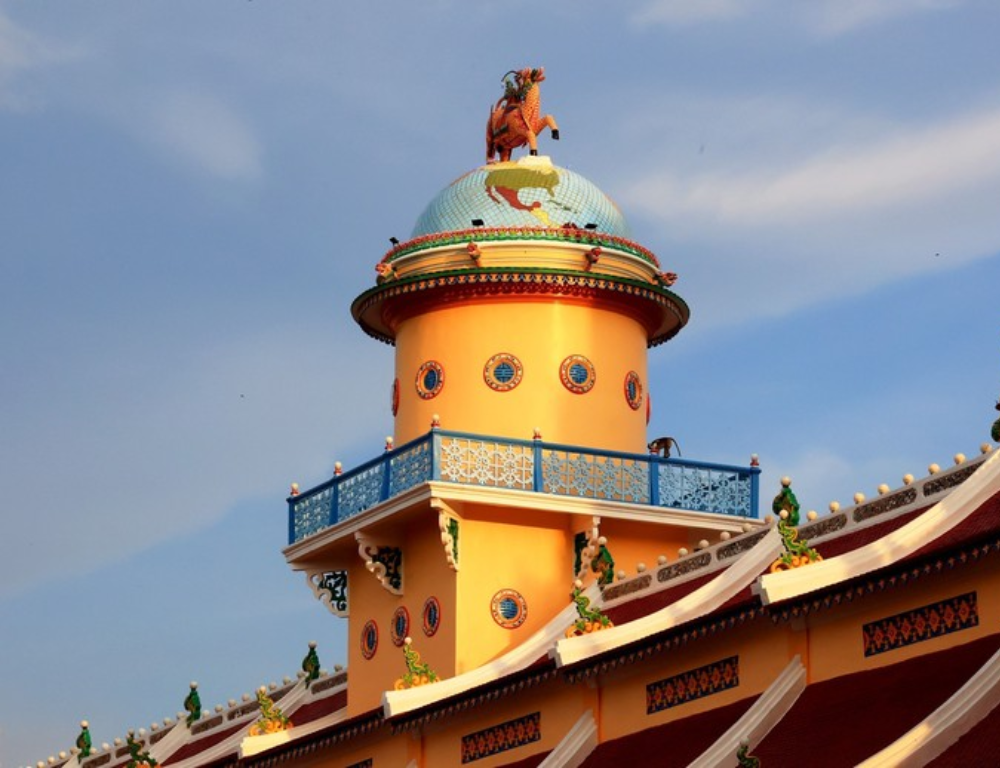



Hoa Hao Buddhism
Emerging in the 20th century, Hoa Hao Buddhism emphasizes simplicity, rural life, and devotion. It is particularly popular in the Mekong Delta region.
3. Key Features of Vietnamese Religious Practices
Ancestor Worship
Ancestor worship is the cornerstone of Vietnamese religious practices. Families honor their deceased relatives through altars, offerings, and ceremonies, believing that ancestors influence their descendants’ fortunes.
Festivals and Rituals
Religious festivals, such as the Lunar New Year (Tet) and the Mid-Autumn Festival, blend spiritual practices with cultural celebrations. These events often include prayers, offerings, and communal activities.




Syncretism in Practice
Vietnamese religious practices are uniquely syncretic, blending elements of different religions and philosophies. It’s not uncommon for individuals to identify with multiple traditions simultaneously.
🔥 Immerse yourself in the city’s Oldest and Most Beautiful Temple: Tran Quoc Pagoda Hanoi
4. The Role of Religion in Vietnamese Society
Cultural Identity
Religion is deeply intertwined with Vietnam’s cultural identity, shaping its art, literature, and moral values. It provides a sense of belonging and continuity across generations.
Community and Social Harmony
Religious institutions often serve as community hubs, fostering social bonds and mutual support. Festivals and rituals bring people together, promoting harmony and shared cultural pride.
📸 Immerse yourself in Vietnam’s captivating culture. From ancient temples to vibrant festivals, there’s something for everyone. | Contact us via WhatsApp or follow Sun Getaways Travel Fanpage for personalized trip planning. Or follow these posts to explore the cultural wonders of Vietnam:
5. Challenges and Adaptations
Impact of Modernization
Vietnam’s rapid modernization and urbanization have led to a decline in traditional religious practices, particularly among the younger generation. However, many still participate in festivals and rituals as a way of preserving cultural heritage.
Government Oversight
The Vietnamese government regulates religious activities to ensure social stability. While religious freedom is constitutionally protected, some groups face restrictions.
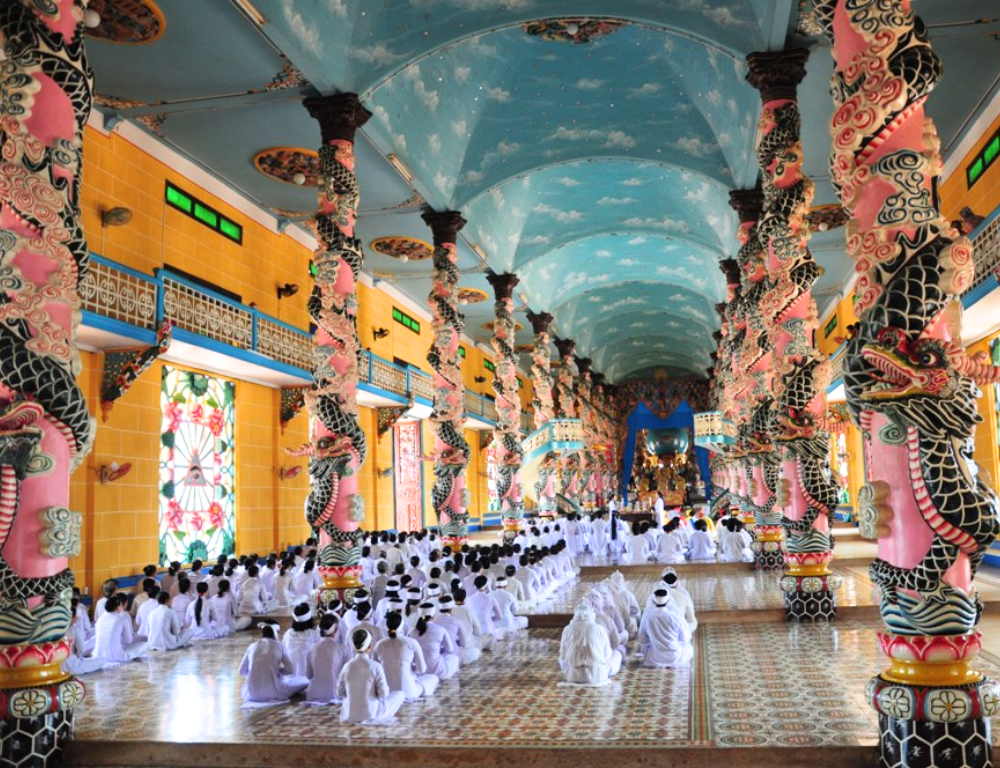

Global Influences
Globalization has introduced new religious movements and philosophies to Vietnam, further diversifying its spiritual landscape.
🇻🇳 Be enchanted by the magical world of Vietnamese Water Puppetry.
6. Tips for Understanding Religion in Vietnam
1. Visit Religious Sites
Exploring Vietnamese Temples, pagodas, and churches offers firsthand insight into Vietnam’s religious diversity and architectural beauty.


2. Respect Local Customs
When visiting religious sites, dress modestly and follow local etiquette, such as removing your shoes before entering.
3. Participate in Festivals
Engaging in festivals like Tet Holiday provides a unique perspective on Vietnamese religious practices and their role in daily life.
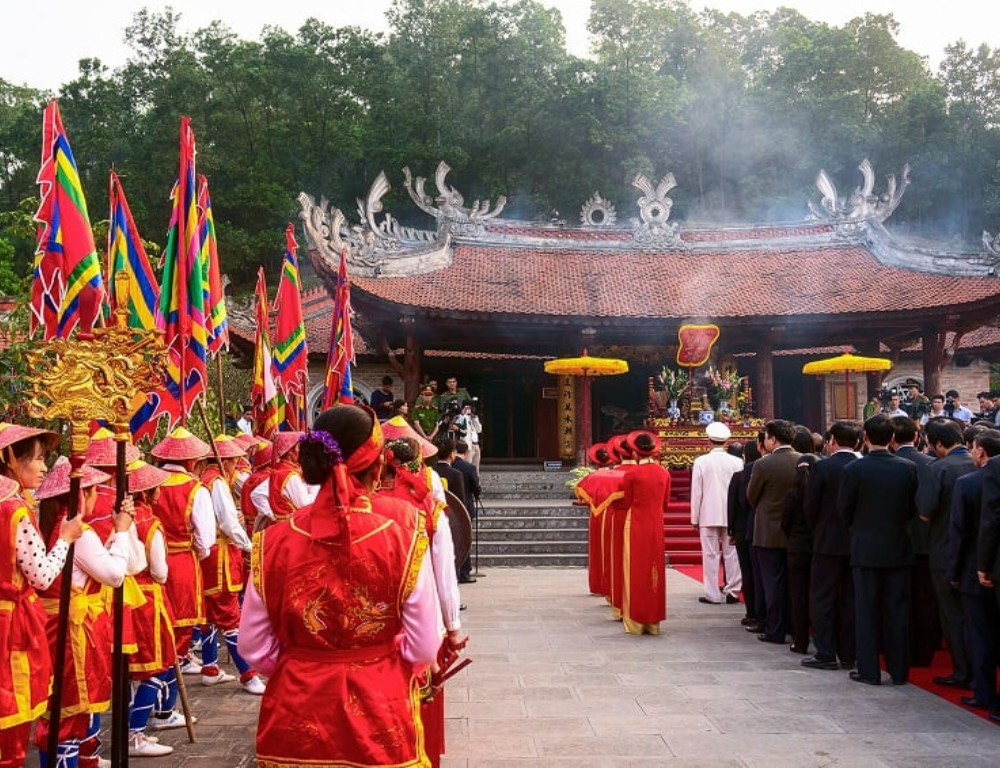

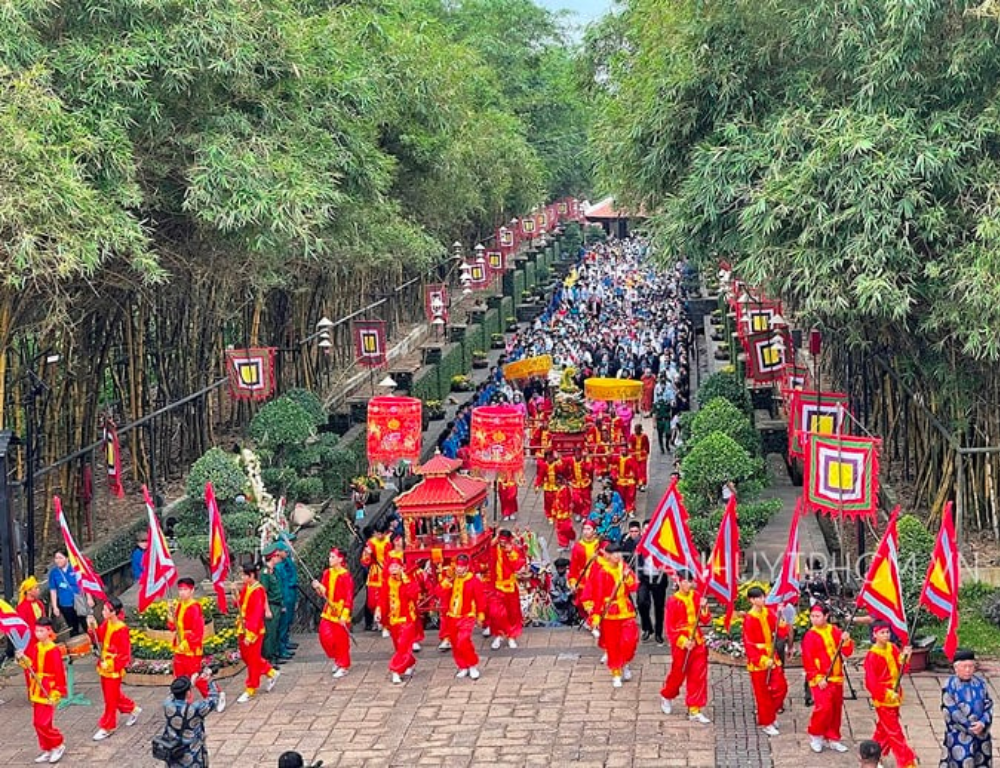

4. Learn About Syncretism
Appreciate how Vietnamese people harmonize different beliefs, creating a rich and inclusive spiritual tradition.
🇻🇳 Witness a spectacular display of Vietnamese arts and culture at the Hue Festival!
7. Modern-Day Religion in Vietnam
Resurgence of Faith
Despite modernization, there is a resurgence of interest in traditional beliefs and practices, particularly among urban dwellers seeking spiritual solace.
Role of Religion in Tourism
Religious sites and festivals are major attractions for tourists, offering a window into Vietnam’s spiritual heritage.
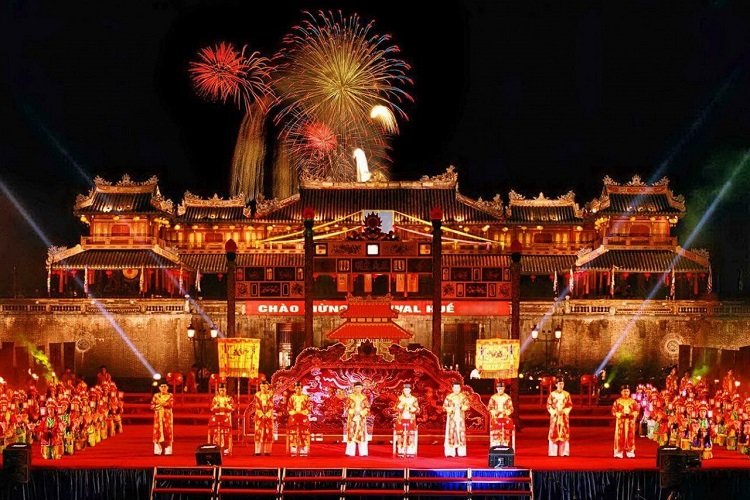

Digital Influence
The internet and social media have become platforms for religious communities to connect, share teachings, and organize events.
🇻🇳 Discover the unique cultural significance of the Lim Festival!
8. FAQs
- What is the main religion in Vietnam?
The main religion in Vietnam is Buddhism, particularly Mahayana Buddhism, followed by Roman Catholicism. - What is ancestor worship in Vietnam?
Ancestor worship is a key part of Vietnamese religious practices, involving rituals and offerings to honor deceased family members. - Are there any unique religions in Vietnam?
Yes, Cao Dai and Hoa Hao Buddhism are unique Vietnamese religions that blend elements of various spiritual traditions. - How does religion influence Vietnamese culture?
Religion shapes Vietnamese art, literature, festivals, and social values, fostering community and cultural continuity. - Is there religious freedom in Vietnam?
While religious freedom is constitutionally protected, some groups may face government oversight or restrictions.
The landscape of religion in Vietnam is as diverse and dynamic as its people. From the enduring influence of Vietnamese Buddhism to the syncretic practices that blend ancient and modern beliefs, religion remains a vital part of the nation’s cultural identity. Whether it’s the serene pagodas, the grandeur of Catholic cathedrals, or the vibrant Cao Dai temples, Vietnam’s religious practices offer a unique lens through which to understand its history, values, and way of life.
Exploring Vietnam’s rich tapestry of faith not only deepens cultural appreciation but also fosters a greater understanding of how spirituality shapes the human experience in this remarkable country.
Experience Vietnam like never before with Sun Getaways Travel. Our all-inclusive trips cover every detail, from accommodations and transportation to unforgettable experiences, depending on your interests (Our Customized Private Tour for each customer to Vietnam 🇻🇳). Ready to embark on your next adventure?
Ask a question
Leave a Comment (0)
No questions yet. Be the first to ask a question!

